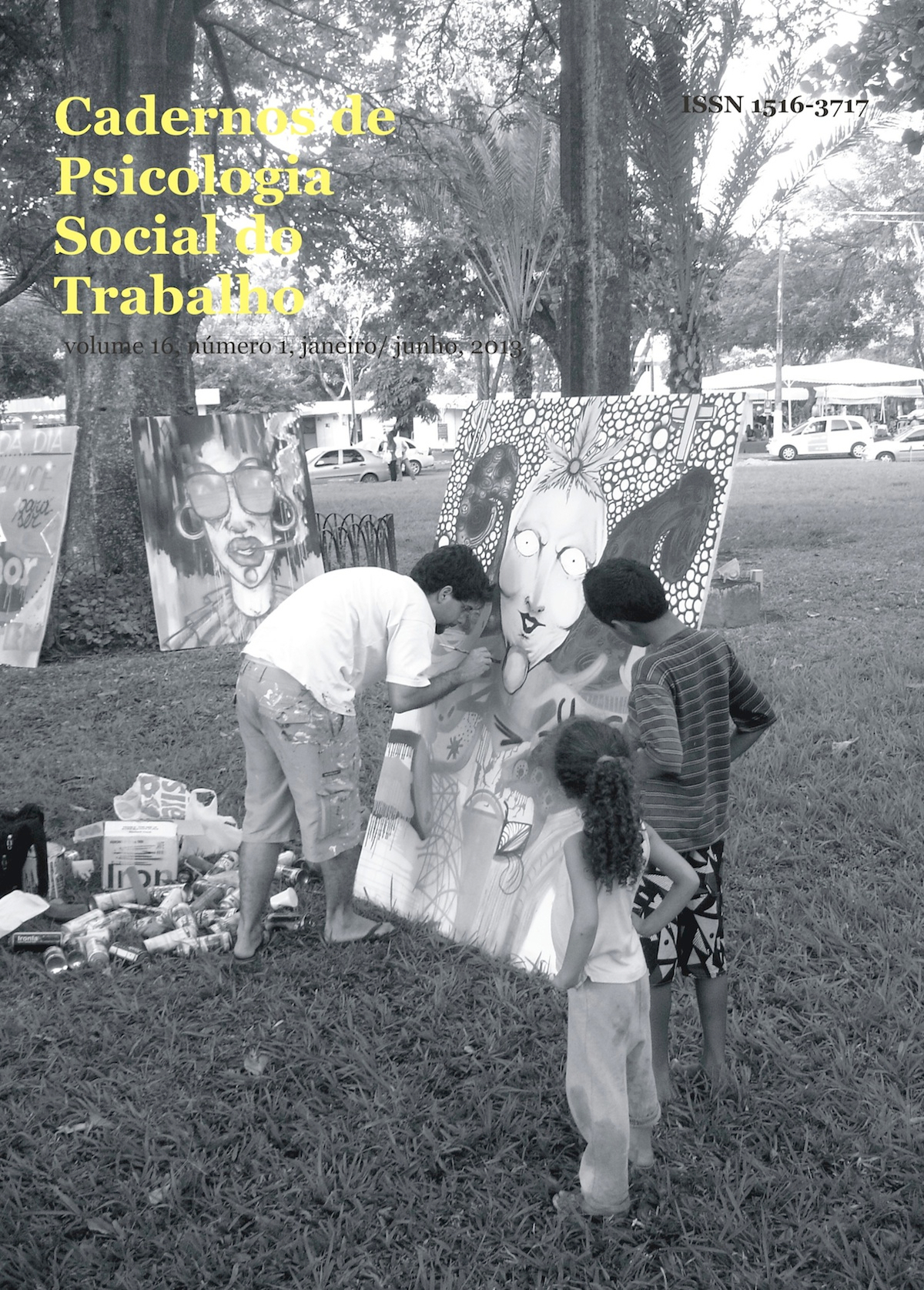“Everybody is equal”, “everybody is responsible” and “everybody is in the same boat”: the (mis)understandings of cooperative self-management
DOI:
https://doi.org/10.11606/issn.1981-0490.v16i1p135-148Keywords:
Work, Interaction, Self-management, Recovered factories, Social economics, Social psychology.Abstract
This case study investigates how members of an industrial cooperative bargain interests and build understandings in everyday self-management of their cooperative. With this object, we conducted an ethnographic observation of daily work of the members, which included long conversations by the machines, and six semi-structured interviews. Weobserved that the members drew up at least three important tacit rules about the collective functioning of the cooperative: “everybody is equal”, “everybody is responsible” and “everybody is in the same boat”. The members use such rules to maintain the symmetry of power in the cooperative, to demand attitudes from each other and to maintain group cohesion. Each rule corresponds to a psychosocial characteristic of these members: they are concerned about the cooperative, they control other members and they feel to be part of the cooperative. We concluded that members alternate, symbolically, positions and interests, sometimes as “partners favorable to the cooperative”, sometimes as “workers in favor of members” and sometimes as “people seeking a better life”.
Downloads
Download data is not yet available.
Downloads
Published
2013-06-30
Issue
Section
Articles
License

How to Cite
Esteves, E. G. (2013). “Everybody is equal”, “everybody is responsible” and “everybody is in the same boat”: the (mis)understandings of cooperative self-management. Cadernos De Psicologia Social Do Trabalho, 16(1), 135-148. https://doi.org/10.11606/issn.1981-0490.v16i1p135-148






